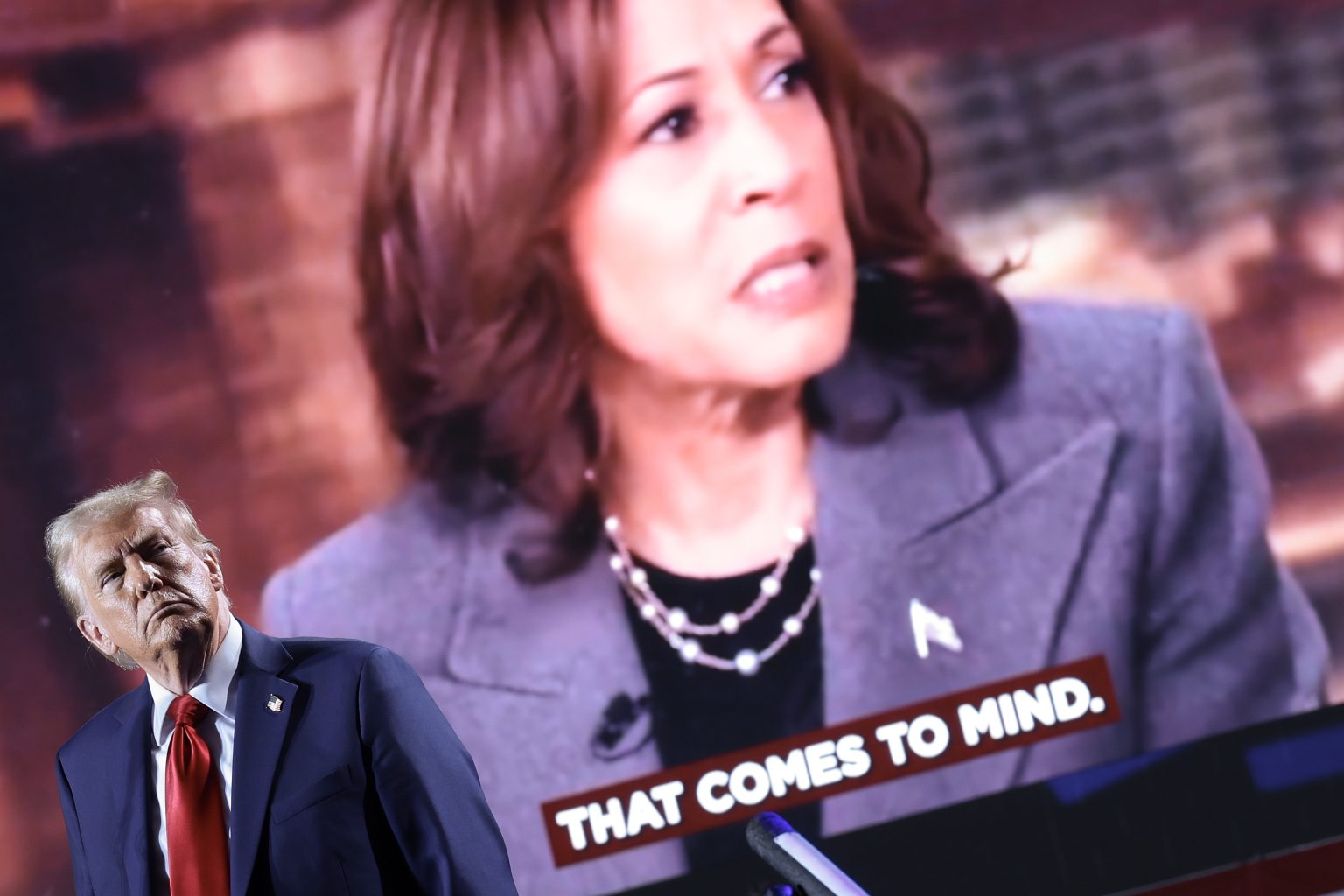Vice President Kamala Harris and former President Donald Trump both made appeals to Muslim and Arab American voters in Michigan ahead of the election, focusing on key voting blocs in the swing state. Harris, during a rally in Waterford Township, pledged to help end the Israel-Hamas war, citing the death of Hamas leader Yahya Sinwar as an opportunity to resume talks between the two warring factions. She vowed to utilize diplomacy to release hostages and initiate a ceasefire if elected president.
Trump, on the other hand, visited enclaves in Michigan with significant Arab American and North African American populations, aiming to make inroads with a group impacted by his administration’s travel ban targeting Muslim countries. He stated his intention to reinstate the ban and expand it to include refugees from Gaza. During a stop in Hamtramck, where many residents have North African or Middle Eastern ancestry, Trump highlighted his endorsement from the city’s mayor and engaged with attendees, asking one if they had “a little Arab blood” in them. He also criticized Biden’s handling of the Israel-Hamas conflict.
Muslim Americans in Michigan have traditionally supported Democratic presidential candidates, but recent polls have shown a possible shift in loyalty amidst concerns over the Biden administration’s response to the humanitarian crisis in Gaza. Harris and Trump’s efforts to court these voters reflect the importance of this constituency in the upcoming election. Harris emphasized the need for diplomacy and a peaceful resolution to the conflict, while Trump reiterated his hardline stance on immigration and national security.
Both candidates traversed Michigan, seeking to gain support from voters in the crucial swing state. Harris and Trump’s appeals to Muslim and Arab American voters underscore their recognition of the significance of these communities in the electoral landscape. Their contrasting approaches to foreign policy and immigration reflect broader ideological differences within the American electorate. The outcome of the election may hinge on the ability of each candidate to mobilize these key voting blocs and address their concerns effectively.
As the race intensifies, Harris and Trump are making strategic appeals to diverse communities in Michigan and beyond. Their efforts to engage with Muslim and Arab American voters highlight the importance of these groups in shaping the political landscape. With the election fast approaching, both candidates are vying for the support of swing state voters, including those from traditionally Democratic-leaning constituencies. The outcomes of these outreach efforts and the subsequent impact on voter turnout could be pivotal in determining the ultimate outcome of the election.








